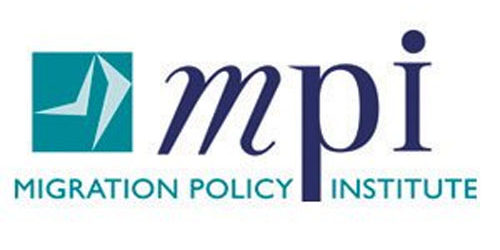According to Migration Policy Institute estimates, as many as 3.6 million unauthorized immigrants would be eligible for President Obama’s Deferred Action for Parents of Americans and Lawful Permanent Residents (DAPA) program currently on hold pending a Supreme Court decision on whether implementation will be permitted. The program would affect an estimated 10 million people living in households with potentially eligible parents; this total includes 4.3 million children under age 18, 85 percent of whom are U.S. citizens. A recent MPI-Urban Institute report found that the ability to work legally could increase the average annual income of potentially DAPA-eligible families by 10 percent, and lead to reductions in poverty and improvements in child well-being.
On April 18, the Supreme Court will hear oral arguments in U.S. v. Texas, the Obama administration’s appeal of a lower federal court order suspending DAPA implementation. How the court rules in this legal challenge filed by 26 states will have both economic and social impacts on the population of eligible parents, their families, and the communities in which they reside. Join MPI experts for a discussion exploring who makes up the affected population, analyzing the legal arguments presented to the court, and examining the potential immediate and long-term implications of this case.
DAPA in the Balance:
Supreme Court Arguments and Potential Impacts on U.S. Families and Communities
A webinar with
Director of Research, U.S. Programs, Migration Policy Institute
11:00 A.M. ET / 10:00 A.M. CT / 9:00 A.M. MT / 8:00 A.M. PT








